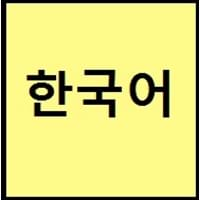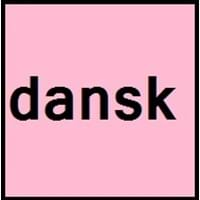Korean vs Danish
- Korean has borrowed words from English and Chinese.
- Korean has two counting systems. First, is based on Chinese characters and numbers are similar to Chinese numbers, and second counting system is from words unique to Korea.
- Danish, Norwegian and Swedish are mutually intelligible, that means if u learn Danish is almost like learning three languages in one.
- There are 9 vowels in Danish language, which can be pronounced in 16 different ways.
Korean and Danish Language History
Comparison of Korean vs Danish language history gives us differences between origin of Korean and Danish language. History of Korean language states that this language originated in Before 1st century whereas history of Danish language states that this language originated in c. 1100 AD. Family of the language also forms a part of history of that language. More on language families of these languages can be found out on Korean and Danish Language History.
Korean and Danish Greetings
People around the world use different languages to interact with each other. Even if we cannot communicate fluently in any language, it will always be beneficial to know about some of the common greetings or phrases from that language. This is where Korean and Danish greetings helps you to understand basic phrases in Korean and Danish language. Korean word for "Hello" is 안녕하세요. (annyeonghaseyo.) or Danish word for "Thank You" is Mange tak. Find more of such common Korean Greetings and Danish Greetings. These greetings will help you to be more confident when conversing with natives that speak these languages.
Korean vs Danish Difficulty
The Korean vs Danish difficulty level basically depends on the number of Korean Alphabets and Danish Alphabets. Also the number of vowels and consonants in the language plays an important role in deciding the difficulty level of that language. The important points to be considered when we compare Korean and Danish are the origin, speaking countries, language family, different greetings, speaking population of these languages. Want to know in Korean and Danish, which language is harder to learn? Time required to learn Korean is 88 weeks while to learn Danish time required is 24 weeks.





